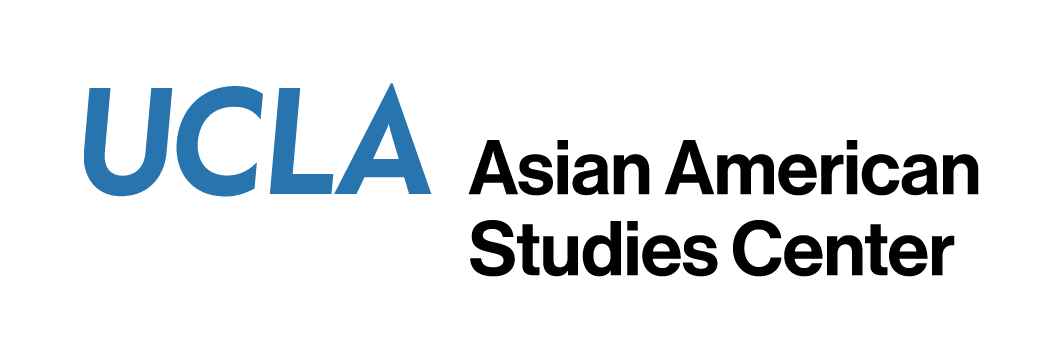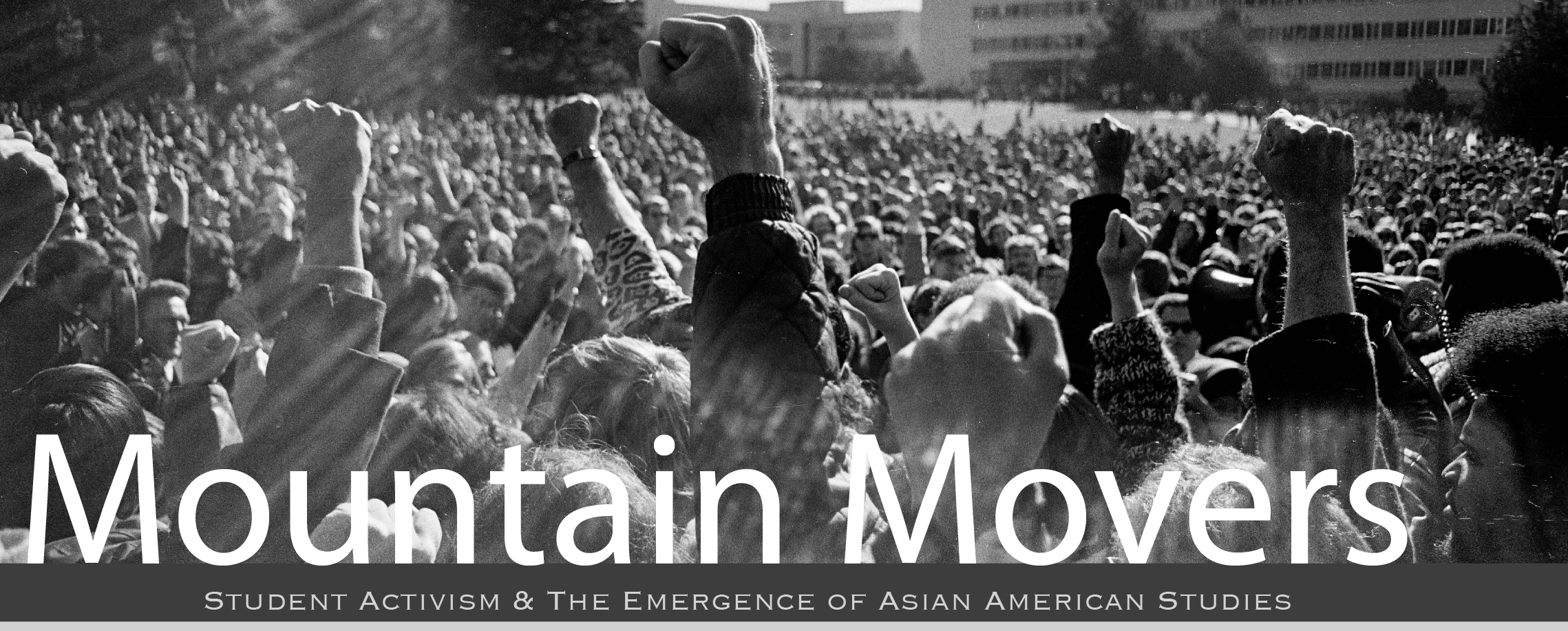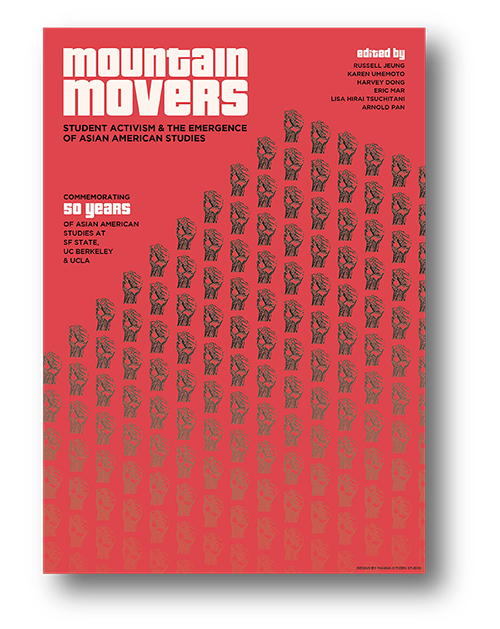1950
The Korean War begins. President Harry Truman commits ground forces under a United Nations command of 16 nations.
An anti-Communist campaign begins in US Chinatowns following China's entry into the Korean War.
US Senator Joseph McCarthy claims to have a list of 205 State Department employees who are members of the Communist Party USA.



